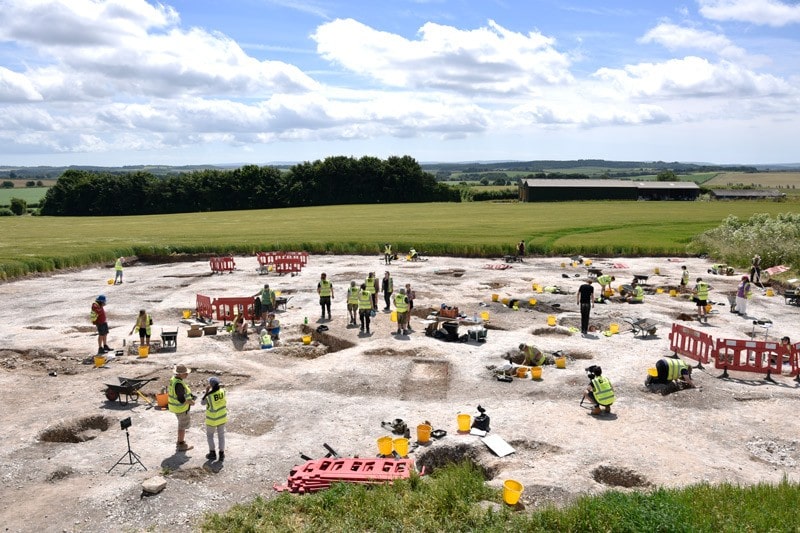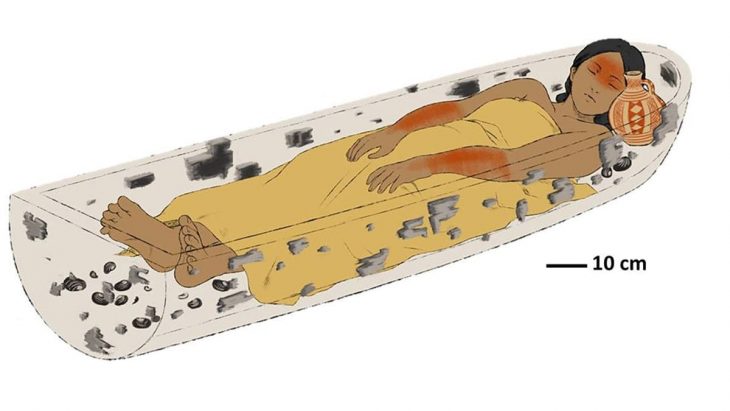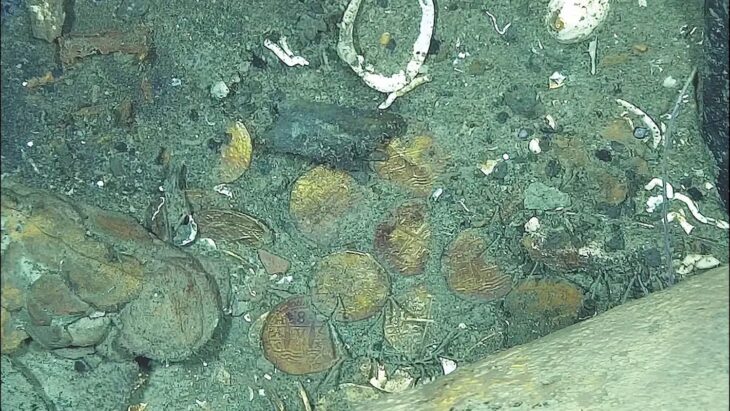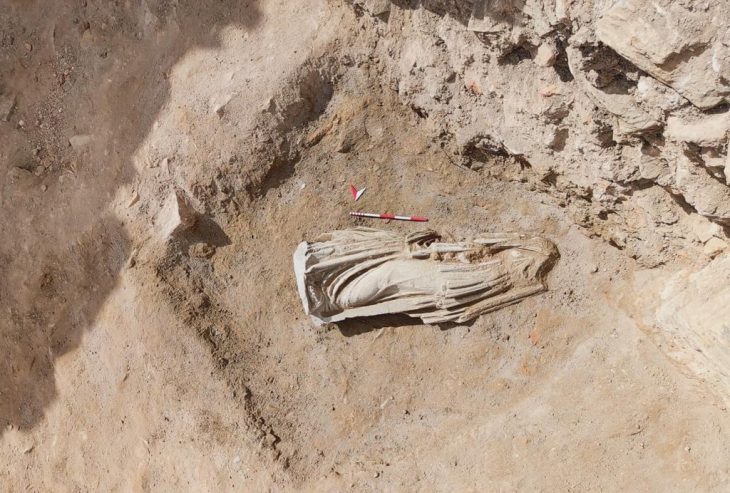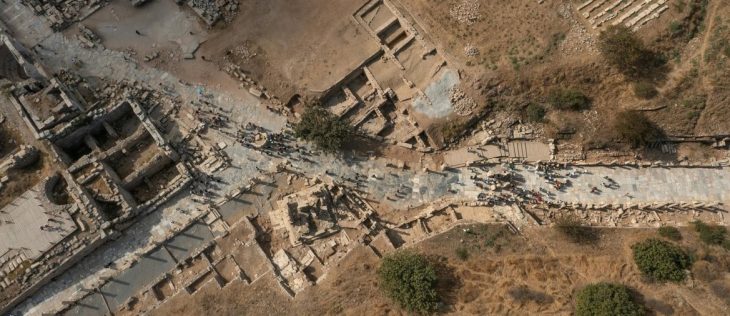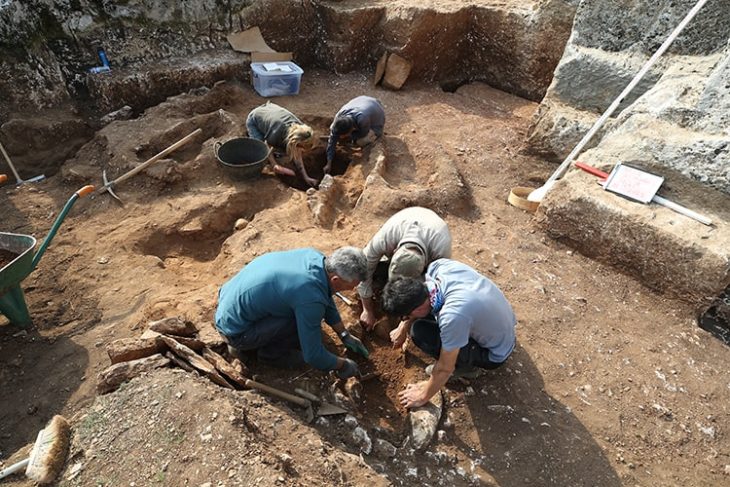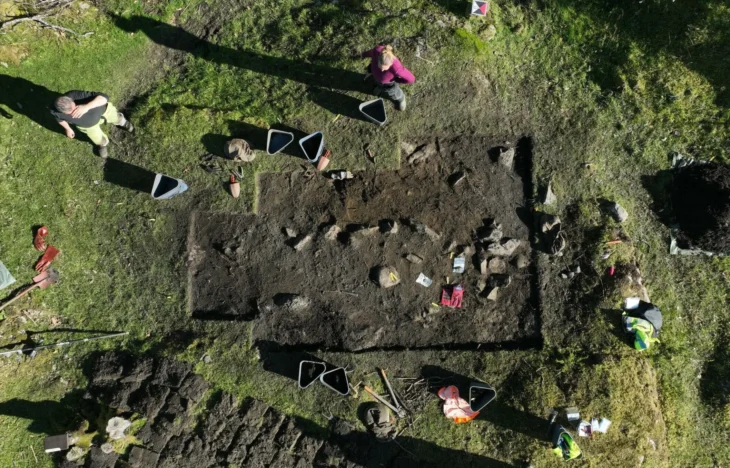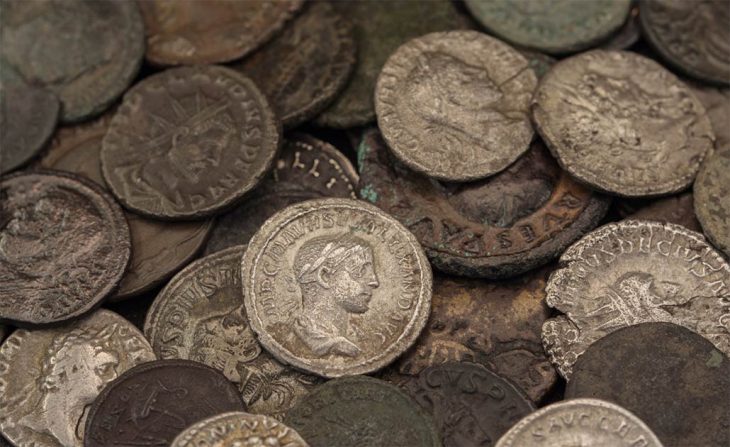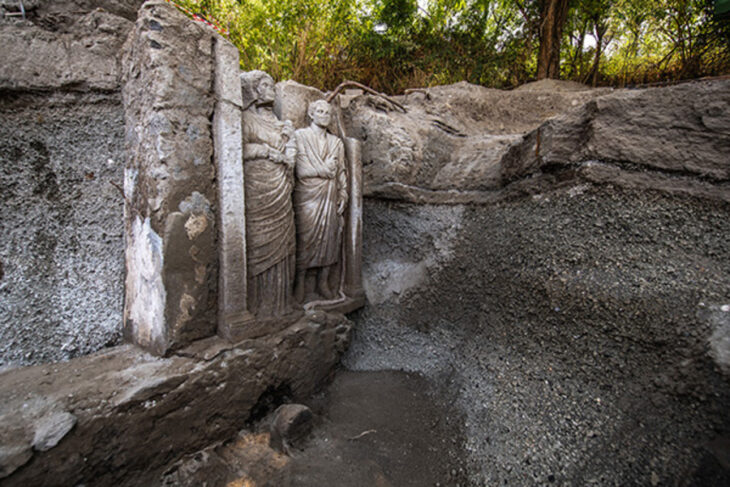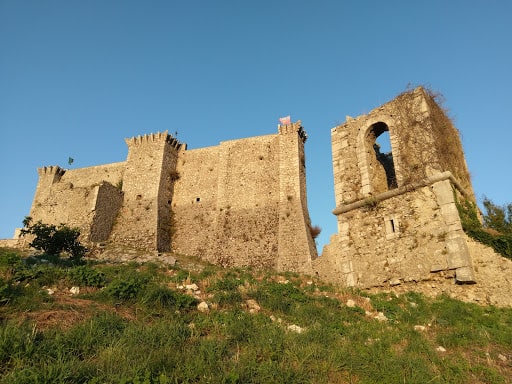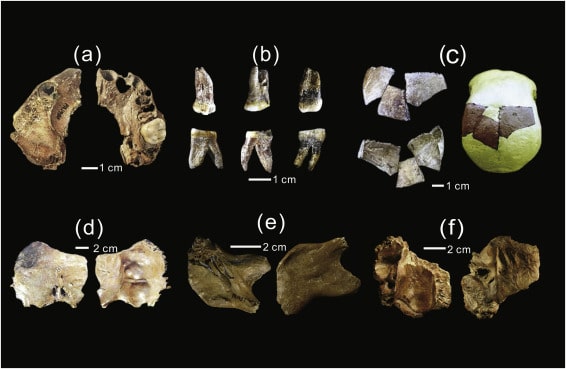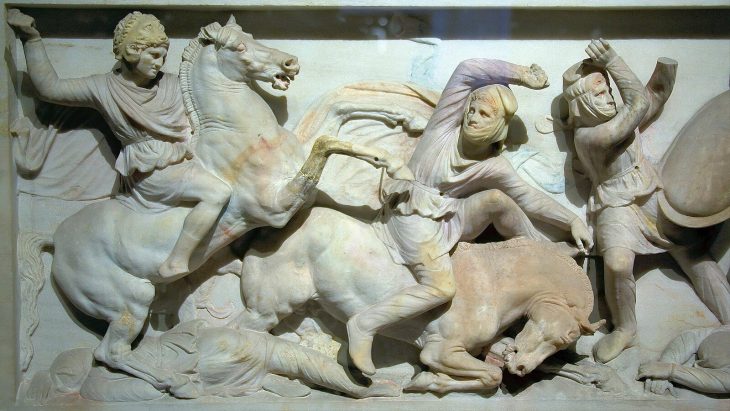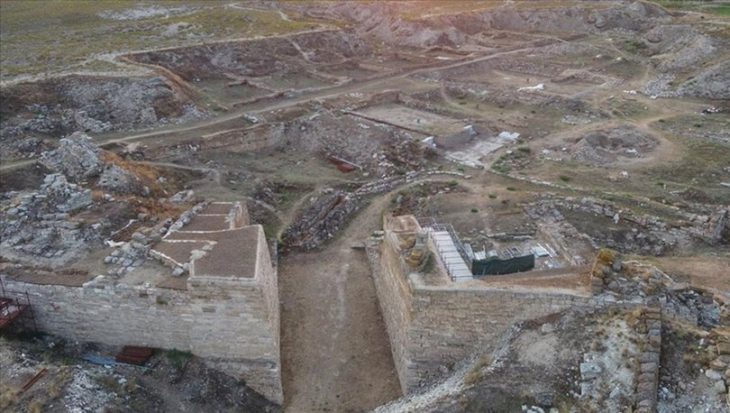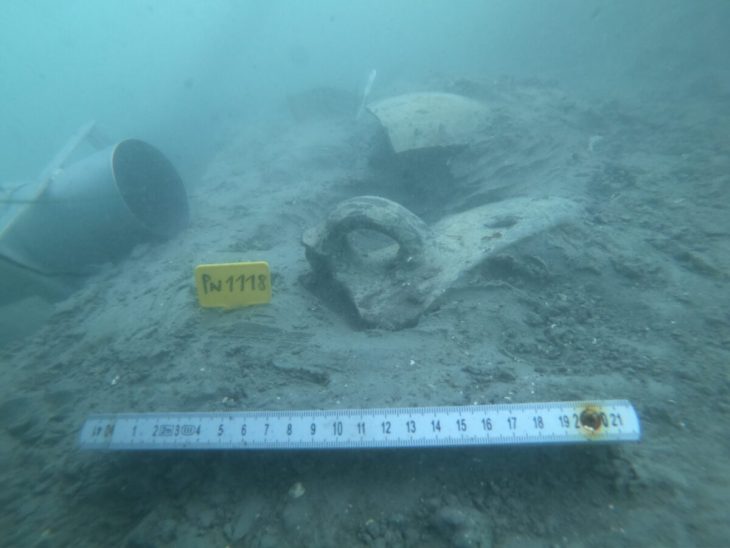Archaeologists from Bournemouth University (BU) have discovered human remains and artifacts which give new insight into how early Britons adapted to life after the Roman invasion.
For over fifteen years, Bournemouth University staff and students have excavated Iron Age settlements at the Winterborne Kingston site. Although human remains and pre-Roman artifacts have been found before, these are the first discoveries that can be used to reconstruct the lives of those who lived through the invasion of Dorset.
Amongst the grave goods excavated from the 2000-year-old burial pits and graves are Roman-style wine cups and flagons, which suggest that Mediterranean alcohol had become a popular addition to British life around the time of the Roman conquest in AD 43.
“Being incorporated into the Roman Empire was one of the biggest societal changes in British history,” in a press release said Dr Miles Russell, Principal Academic in Archaeology at Bournemouth University, who is leading the dig.
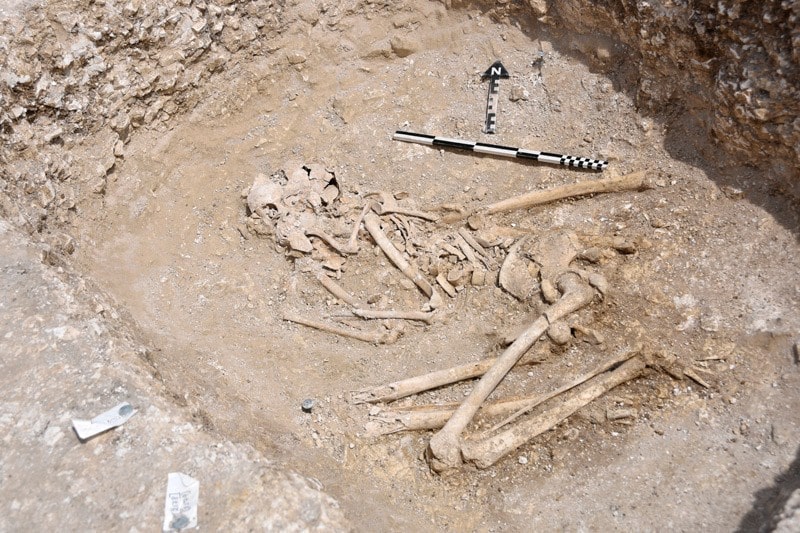
“It’s all very well learning about the Roman legions and their conquests, but we wanted to find the farmsteads and burials that tell us what life was like for ordinary Britons and what happened to them at the time – did they become part of the wider empire, did they resist, or did they carry on living as they had always done? So finding a site like this was critical,” he added.
Three graves in particular indicate the extent to which the local Durotriges tribe partially integrated into certain Roman ways of life. The first contained the bodies of two women, aged in their thirties who had been buried together. The student archaeologists found a Roman-style wine flagon and goblets alongside the remains.
“The women were buried in the traditional Iron Age way – on their side in a foetal position. So, although the grave was dug ten to twenty years after the Romans arrived, in the mid to late first century AD, it’s clear that the local people are not becoming Roman in a big way, merely taking things from the Romans that enhance and improve their life, in this instance wine,” Dr Russell explained.
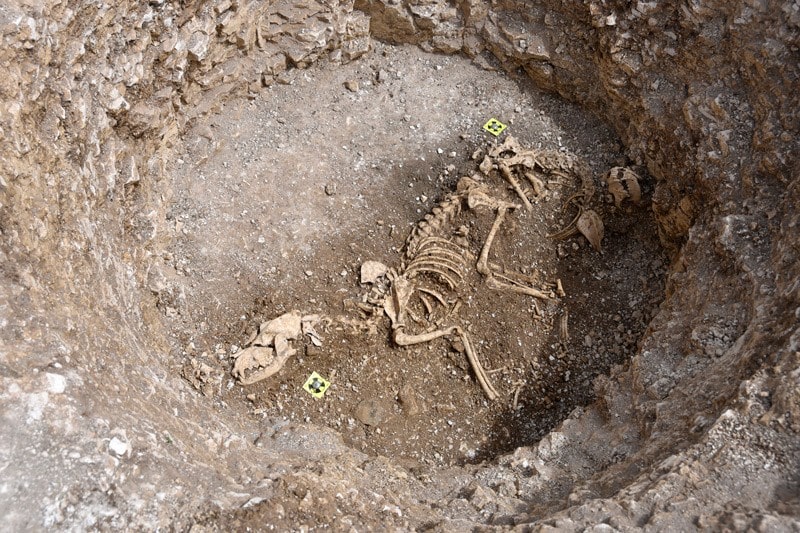
Another grave contained two dog burials which is significant because hunting dogs were very important to Iron Age society and were a key British export for the Roman elite. Despite their status, Dr Russell suspects the dogs may in this case have been sacrificed to the gods because of their placement in the grave and the fact they both died at the same time.
A third grave contained the remains of a man who had been buried in more classic Roman way, with arms folded across his chest, in a coffin, a large number of iron nails being found alongside his remains.
“Our more Roman-style graves, set down in the second and third century are low in artifacts,” explained Paul Cheetham, co-director of the project. “This suggests that although burial customs were changing over time, the farmers of this area, despite being part of a wider empire, weren’t benefitting much from belonging to the Roman world and were maintaining more native culture patterns.”
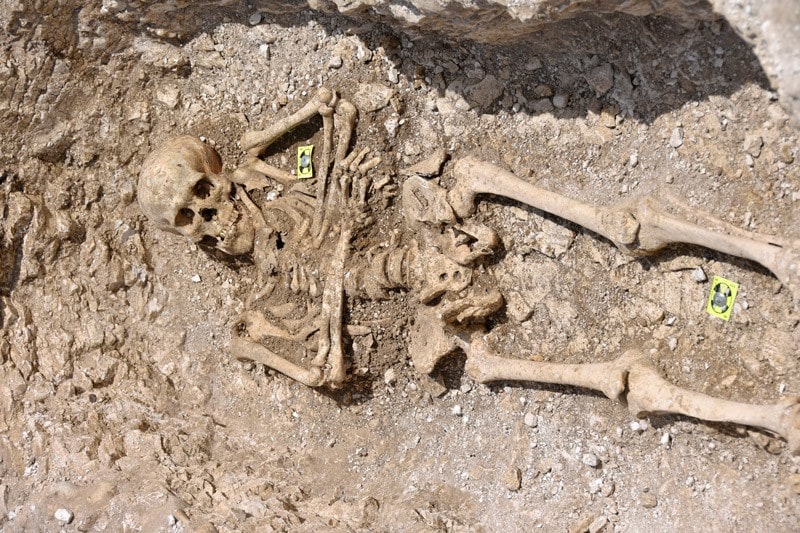
Although the wine vessels excavated from the early graves look, Roman, the team has identified that they were local copies of Mediterranean-style vessels manufactured in nearby Poole harbor.
“They are made from a local fabric by a local potter, but they are very much in a Roman style and not something we had found in local traditions before,” said Kerry Barras, a visiting researcher at Bournemouth University and Finds Manager at the site. “So they are taking their designs and copying them. They are mixing their traditions, taking on some of the Roman culture and influence, but they were found by a crouched burial which is not Roman and a part of more regional British tribal culture,” she added.
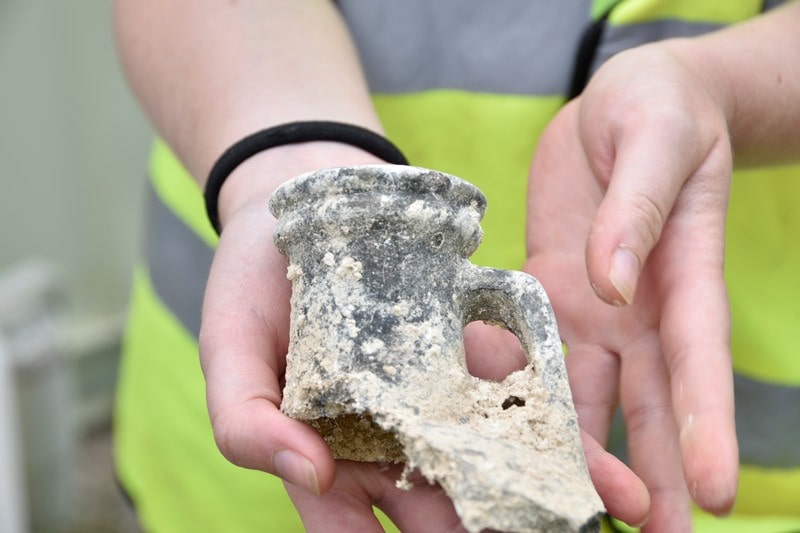
To help us understand more about life in early Roman Dorset, all human remains and artifacts will be subjected to additional testing at Bournemouth University. Next summer, Dr. Russell and the group of employees and students will revisit the location to conduct additional excavations on the surrounding land.
Cover Photo: Bournemouth University

